By using our website, you agree to the use of cookies as described in our Cookie Policy
I Write What I Know
One of the questions I’m most often asked at a book signing is how much of What We Leave Behind is based on my real life experiences. The answer is this: I write what I know. Beginning with an idea, I embellish, tweak, and toss it around. There it simmers. The meat—memories and experiences—are the heart, and the fictional elements season and flavor.
In writing the story of Jessica Parker, I crafted the tale around the notion of loving versus longing, a concept that crosses generational lines and touches women worldwide. The story could have taken shape in any form, in any era, amongst any backdrop, but the inherent message is the same: Why do so many of us confuse the heightened feelings of love with the desperate, unfulfilling quest for love? And how can we begin to accept any love if we first don’t learn to love ourselves?
Years of self-introspection and personal growth have given me some valuable insights. My father didn’t die like Jessica’s did, but his early absence in my life left a gaping hole waiting to be filled. In What We Leave Behind, Jonas Levy is the example of boys, or men, who provide the familiar feelings of longing. They are kind and attentive, but their unwillingness or inability to provide true love causes even the most strong-minded women to swing from the pendulum of neediness and happiness. It’s a tough spot for anyone to be in. And yet, we hold on, replicating those earlier feelings, saturating ourselves in the mysterious uncertainty of it all.
This is a favored topic in every book club. Many women have recognized themselves caught in the trappings of a Jonas. Take my new friend who pulled me aside at a recent event to discuss her “Jonas.” She said, “You were thirty when you wrote this novel. How did you know so much about the psychological underpinnings of love? I’m almost seventy and your book changed my whole perspective of my lousy high school boyfriend. He wasn’t so lousy,” she added. “I was expecting him to fill me up and make me whole. The problem was with me.”
And while for some, the story of Jonas and Jess is a nostalgic visit back in time with a first love, for others, it is a close examination of ourselves and our ideas of love. How much do we base on fantasy? How often do we accept what’s real? This is not so much about Jonas per se, but what he represents. Don’t be angry at Jonas for not being able to give you something no man ever could. Look within yourself for that kind of love; it is the most significant and satisfying.
I’m sure there is an ex-boyfriend out there who sees himself in Jonas Levy. That would assume he actually bought my book and managed to read it away from the prying eyes of his current wife or girlfriend. That’s okay because Jonas is not one single person. He is a combination of themes, feelings, and people I both know and created. He is a metaphor, an emotion, and a lesson so powerful it forced to me take a peek inside and make some serious life choices and changes. Thank you, Jonas. You have left me far richer than one could ever wish.
Now ask yourself, how has your Jonas changed your life?
‹ Back



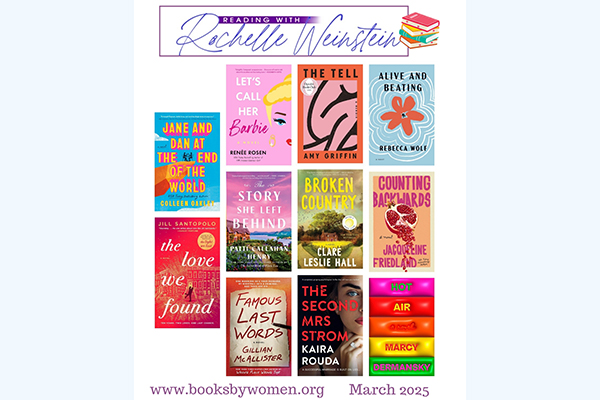
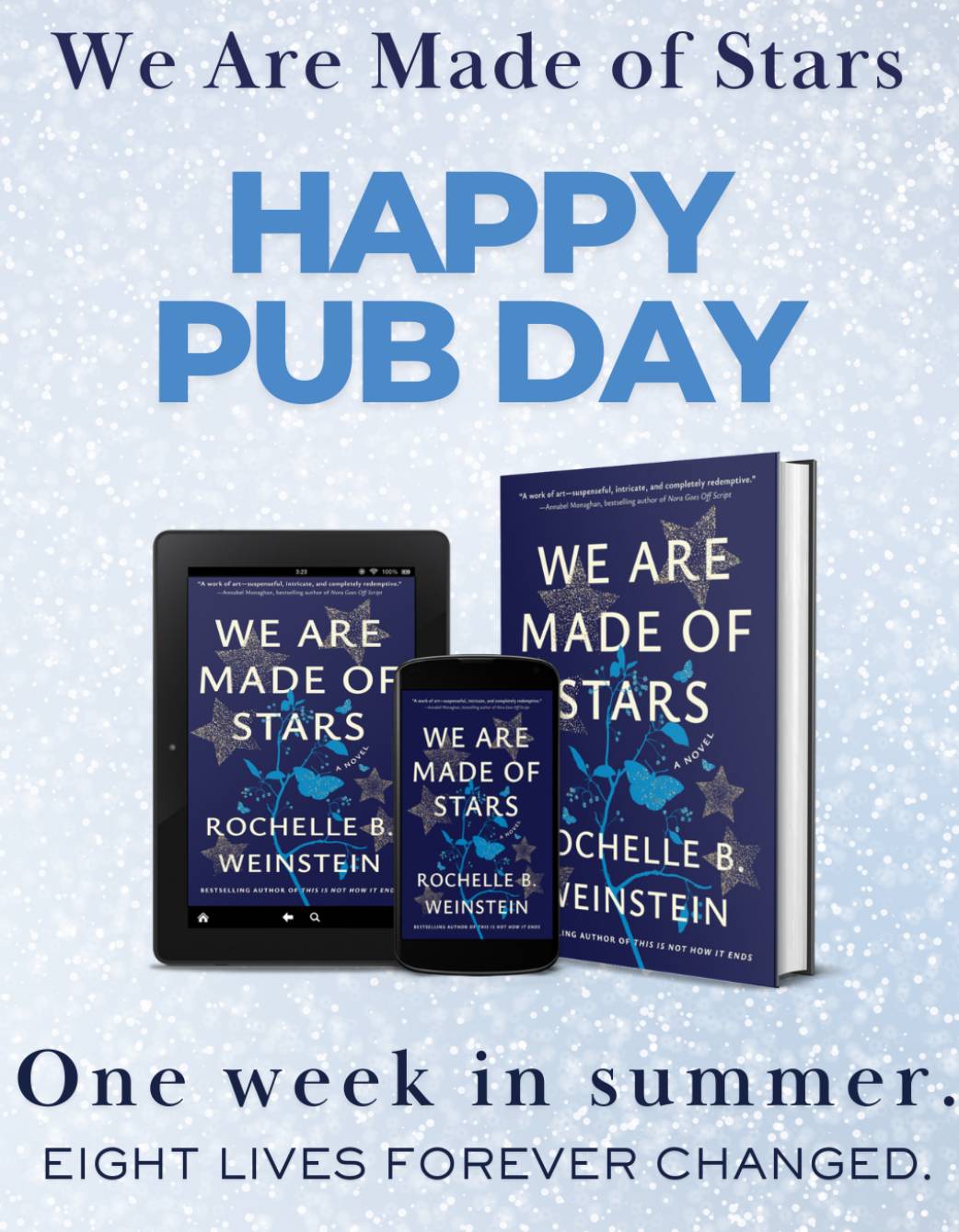

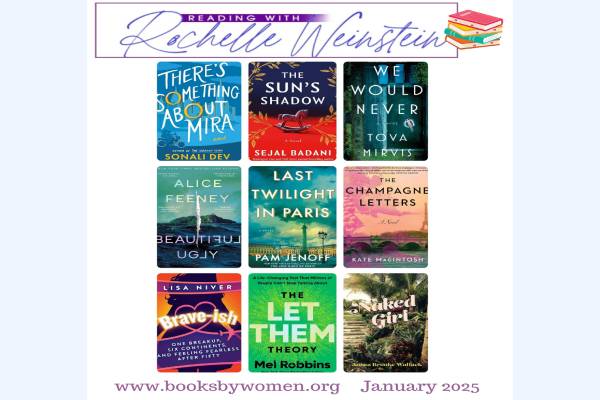
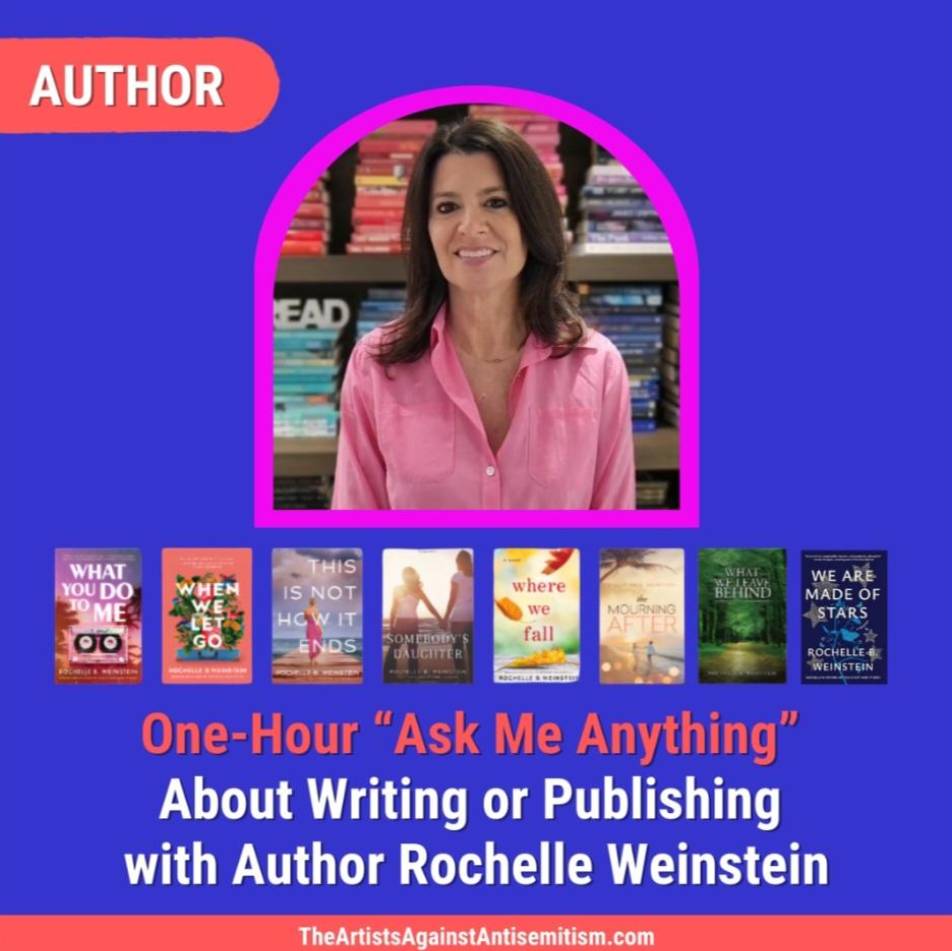
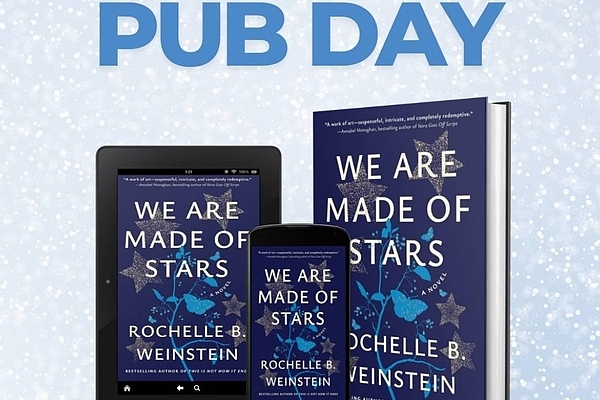

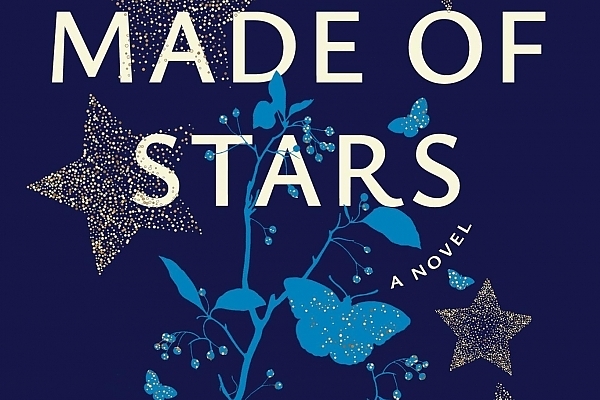

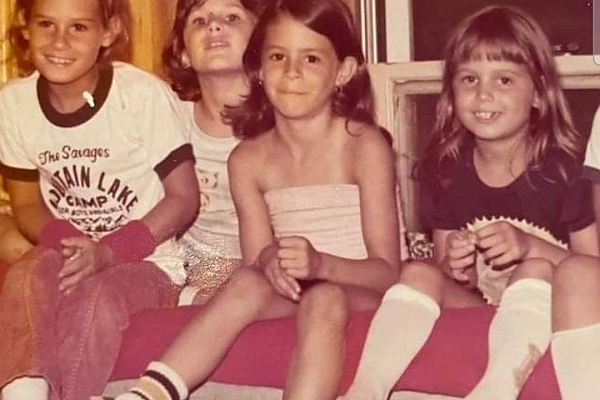
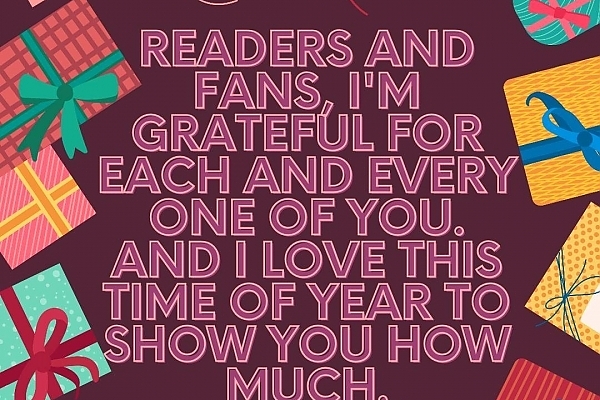
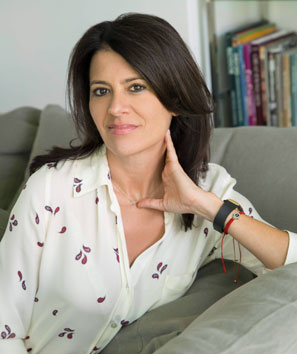

.png)
Comments